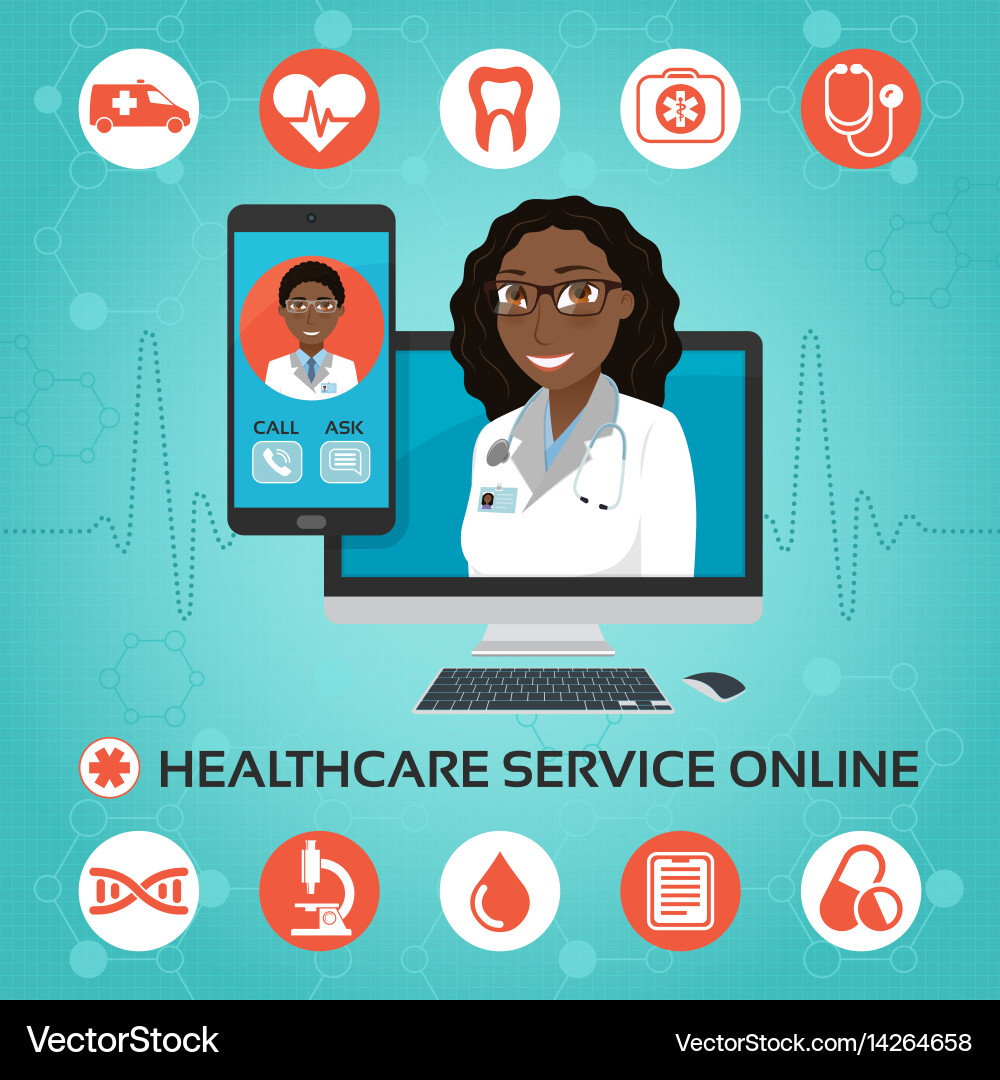Comprehending the Cost Savings of Subscription Based Healthcare for Families
Comprehending the Cost Savings of Subscription Based Healthcare for Families
Blog Article
Just How Subscription-Based Medical Care Is Changing the Medical Industry

The Increase of Registration Health Care
Over the last few years, the health care market has actually seen a considerable shift in the direction of subscription-based designs, mirroring broader consumer trends preferring convenience and predictability. This improvement is driven by the increasing demand for even more easily accessible and individualized care options. Subscription healthcare, occasionally described as attendant medicine or straight medical care, provides patients a set month-to-month cost for a series of clinical solutions, significantly changing standard fee-for-service designs.
The increase of subscription health care is helped with by developments in modern technology, which enable streamlined interaction in between people and service providers - subscription based healthcare. Digital platforms and telehealth services have actually become indispensable, providing clients the ability to schedule appointments, gain access to clinical documents, and get examinations online. This technological integration not only enhances patient engagement yet also enables service providers to provide a lot more effective care
Furthermore, the subscription version lines up with the advancing assumptions of patients that look for more control over their healthcare costs and experiences. By removing the unpredictability of co-pays and insurance cases, subscription-based healthcare provides a clear and straightforward technique. While this model is getting traction, its expansion encounters obstacles such as regulatory difficulties and the need for more comprehensive acceptance within the traditional healthcare environment. Its growing existence notes a pivotal minute in the advancement of healthcare delivery.
Benefits for Service Providers and patients
Subscription-based health care uses a wide range of advantages for both clients and companies, improving the dynamics of medical treatment. For clients, this design supplies enhanced access to healthcare solutions.
For medical care service providers, subscription-based models promote an even more satisfying and lasting method. Management jobs are commonly streamlined, lowering overhanging expenses and permitting service providers to devote more time to individual communication. Generally, subscription-based medical care aligns the incentives of companies and people, promoting a more patient-centered and efficient healthcare delivery system.
Secret Functions of the Version
Frequently, the key attributes of the subscription-based health care model highlight its unique technique to providing medical solutions. Central to this model is the principle of predictable, regular monthly settlements, offering people a thorough variety of solutions without the unpredictability of traditional fee-for-service frameworks. This version usually consists of limitless accessibility to medical care solutions, preventative treatment, and routine examinations, guaranteeing that patients can engage with their medical care service providers proactively instead of reactively.
In addition, straight communication channels, such as telemedicine and messaging systems, are stressed, enabling people to get prompt recommendations and assessments without requiring in-person consultations. This improves availability and ease, particularly for individuals with movement restrictions or those living in remote locations. The version likewise fosters more powerful doctor-patient connections, as doctor are incentivized to concentrate on lasting health and wellness end results instead of temporary check outs.
Furthermore, subscription-based health care typically incorporates technical technologies, such as electronic health and wellness documents and health and wellness surveillance apps, to offer individualized and efficient care. Clients gain from collaborated and continuous treatment administration, which is customized to their certain wellness needs. Inevitably, these features jointly develop a patient-centered medical care experience, focusing on accessibility, expense openness, and preventative treatment.

Difficulties and Factors To Consider
While the subscription-based health care design uses numerous advantages, it is not without its challenges and factors to consider. Registration designs might inadvertently prefer those with greater socioeconomic status, potentially broadening differences in health care gain access to for lower-income people who might battle with regular monthly charges.
One more obstacle hinges on regulatory conformity. Subscription-based healthcare needs to browse a complex web of guidelines that vary by area, including issues around client confidentiality, information defense, and state licensing needs. Guaranteeing compliance without hampering the model's adaptability and innovation can be discouraging for suppliers.
Additionally, there is the threat of overutilization or underutilization of services. Individuals paying a fixed fee may overuse solutions, leading to increased operational costs, while others might underutilize as a result of be afraid of straining the system, possibly neglecting required treatment.
Future Leads and Innovations
The landscape of subscription-based healthcare is positioned for transformation via emerging innovations and developing prospects. As modern technology remains to advancement, the combination of fabricated knowledge and maker discovering provides significant chances to enhance diagnostic precision and simplify patient management. Anticipating analytics can revolutionize precautionary treatment by determining have a peek at these guys possible health dangers before they materialize, thus decreasing both prices and the burden on healthcare systems.
Additionally, telemedicine is readied to increase within registration models, offering clients boosted accessibility to health care professionals despite geographical constraints. This not just promotes continuity of treatment however additionally encourages individuals to engage more actively in their health administration. Furthermore, blockchain innovation supplies possible in securing patient data and making certain interoperability across platforms, cultivating depend on and transparency.
The growth of tailored medication is one more frontier, with registration designs supplying an unique framework for supplying tailored health options. Genetic testing and personalized treatment strategies can be flawlessly incorporated, straightening patient needs with certain clinical interventions. Partnerships between tech companies and health care carriers are likely to generate innovative services, improving patient experiences and outcomes. As these potential customers appear, subscription-based healthcare has the prospective to redefine how care is provided and accessed.
Verdict
Subscription-based healthcare is transforming the clinical sector by supplying a more easily accessible, foreseeable, and patient-centered approach to medical services. This design enhances patient-provider partnerships, makes certain internet monetary transparency, and highlights preventive care with limitless appointments and telemedicine. In spite of challenges such as governing difficulties and prospective disparities in gain access to, the registration design holds assurance for a much more efficient and individualized healthcare experience. As modern technology developments, better technologies are likely to address existing challenges and maximize medical care delivery.
Membership medical care, occasionally Get More Info referred to as concierge medicine or straight main care, uses patients a fixed month-to-month fee for a variety of medical services, considerably changing typical fee-for-service designs.
Furthermore, the registration version aligns with the developing expectations of patients that seek more control over their healthcare costs and experiences. For people, this design provides improved accessibility to medical care services. Generally, subscription-based medical care lines up the incentives of companies and clients, promoting a more patient-centered and efficient medical care distribution system.
Moreover, telemedicine is set to broaden within membership versions, offering individuals enhanced accessibility to medical care specialists no matter of geographical restrictions. - subscription based healthcare
Report this page